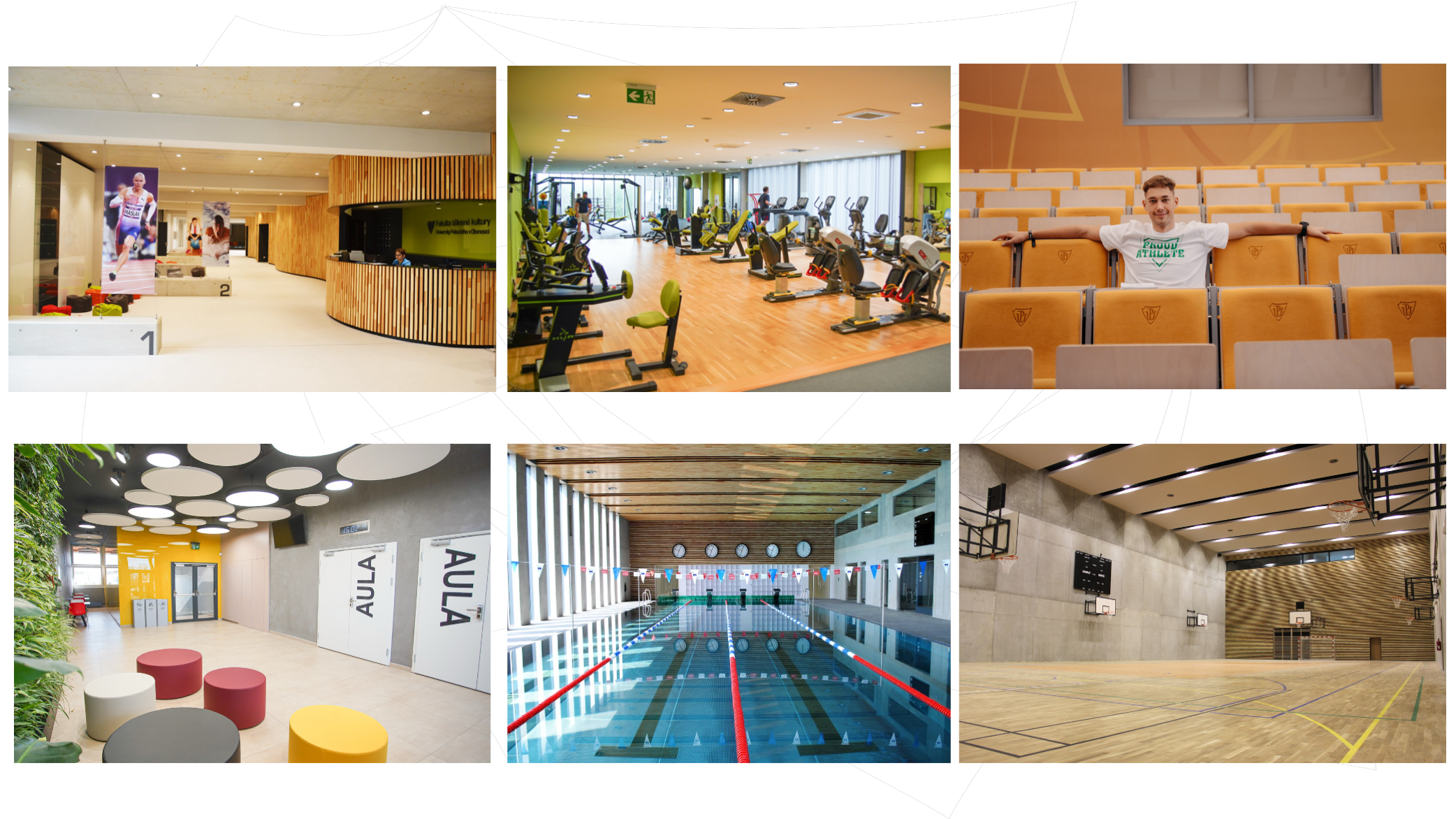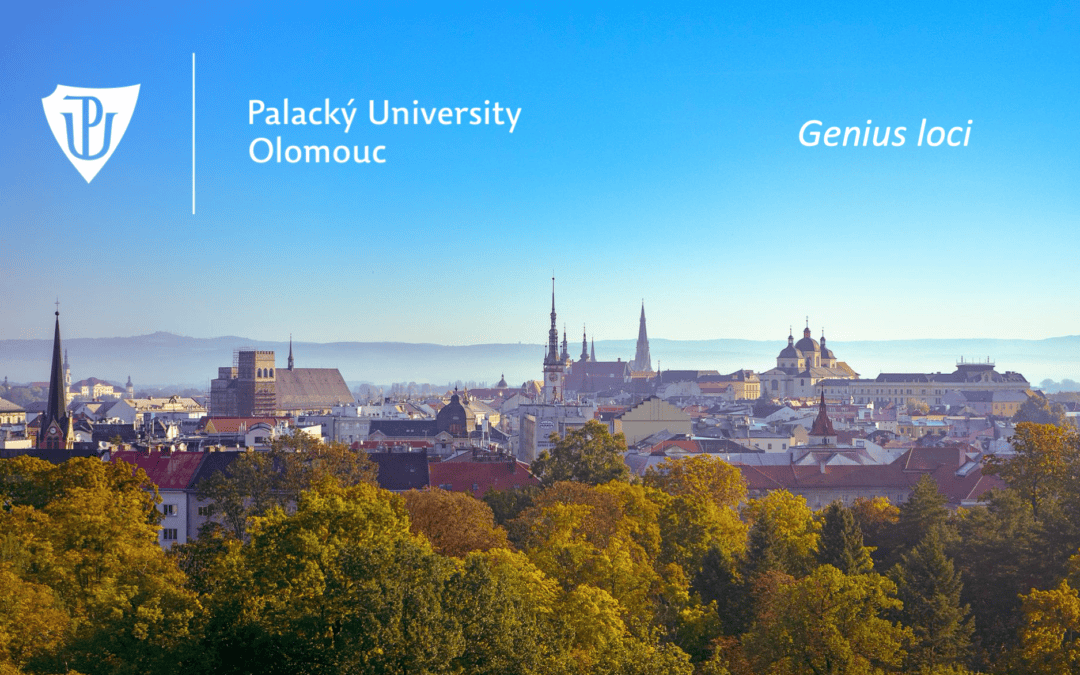As part of our ongoing initiative to highlight the diverse and impactful work of our members, EOSE is pleased to present a spotlight on the Faculty of Physical Culture at Palacký University Olomouc in the Czech Republic. This spotlight offers an insightful overview of the faculty’s key activities and areas of expertise. We hope this feature will inspire new collaborations and synergies within the EOSE network, fostering innovative ideas and partnerships.
In the area of international cooperation, the Faculty of Physical Culture is the most active sport sciences faculty in the Czech Republic. The faculty has supported international mobilities of students and teachers since 1998. Currently, these mobilities are carried out mainly under the European ERASMUS+ program with partnership agreements with more than 60 institutions in over 20 countries. Each year, the faculty hosts over 40 international students and about 80 students go abroad for study and work placements.
The faculty has also had a history of cooperation with higher education institutions in North America, Pacific, Asia and the Middle East. These partner institutions include e.g. the University of Alberta and Camosun College (Canada); University of California San Diego (USA); Nippon Sport Science University (Japan); Levinsky-Wingate Academic College (Israel), Universidad del Rosario (Colombia). Thanks to the partnership with these institutions, exchanges of students and academic staff are organized each year. Twice a year (in winter and summer term) the faculty organizes an event called the International Teaching Week, during which international lecturers come under mobility programs and give lectures, share their experience and establish new network or deepen existing collaboration.
Faculty consists of 6 departments, 1 application center and 1 research institute. Currently, the faculty prepares the master study program in English. The main areas of this program are:
- 1/ Physical activity promotion and healthy lifestyle,
- 2/ Adapted physical activity,
- 3/ Sport for development.
There is also doctoral degree program in the area of Kinanthropology (Sport Sciences).
For a long time, the faculty has been involved in prestigious international research projects aimed at monitoring of physical activity (PA) and healthy lifestyle of various population groups. These projects include for example the Global Matrix project, and the IPEN project. There is a number of other research topics managed by our faculty. These topics cover the area of physiotherapy, motor control and motor learning, gait analysis, physical literacy, philosophy or exercise physiology.
Faculty of Physical Culture is active member of HEPA Europe network (Health-enhancing physical activity) and participates in its working groups (WGs) (e.g. WGs – Environmental Approaches to HEPA Promotion; Children and Adolescents; Active Ageing – Physical Activity Promotion in Older Adults; Sports Club for Health. Faculty of Physical Culture is also involved in other global societies, specifically ISBNPA (International Society of Behavioral Nutrition and Physical Activity) and ISPAH (International Society for Physical Activity and Health). All of these networks/societies are connected with the WHO (the World Health Organization). The relevant division of the WHO is the WHO Regional Office for Europe, which comprises 53 countries, covering a vast geographical region from the Atlantic to the Pacific Ocean.
Among other highlighted research topics are: gait analysis; steadiness and dynamic balance; sensorimotor lab; heart rate variability; anthropometric examination, body composition assessment; research of general lifestyle and health of Czech inhabitants (24/7 movement behaviors); coordinating and advisory role in physical activity monitoring for Central European countries; physical literacy; sports training or respiratory rehabilitation.
The faculty strives to support existing, vivid and fruitful cooperation with partner institutions all around the world, to enable unique and life-changing opportunities for students (study abroad, internships) and to increase their potential employability in the EU labor market, as well as for academics to explore the global perspectives, approaches and values.

